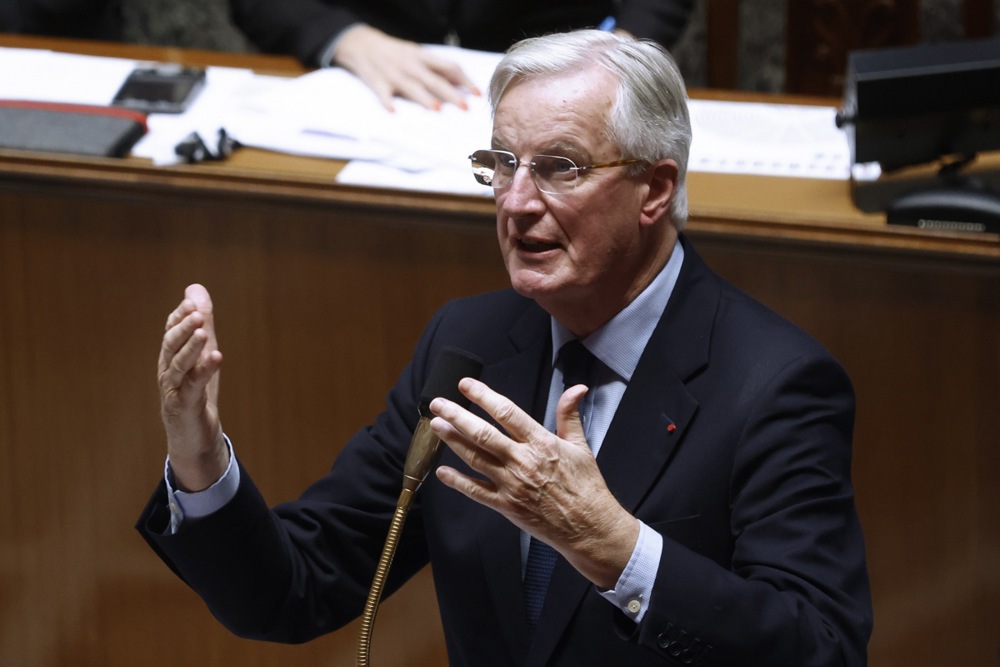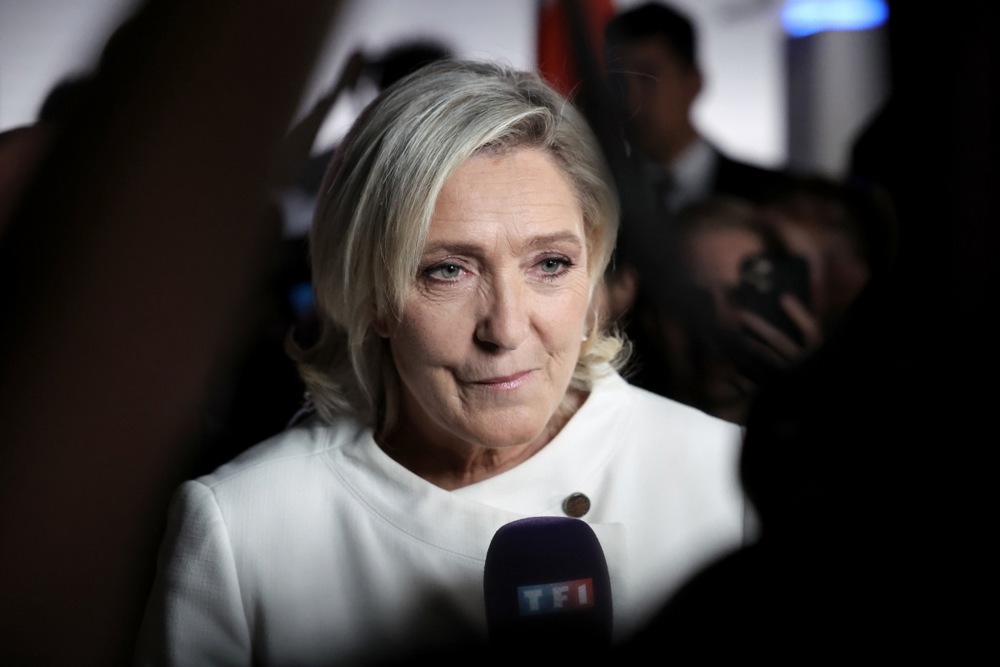International markets appear to be increasingly weary of potential political instability in France, pushing up interest rates.
As Paris struggles with high debt and trying to get its budget in order, international investors have seen the spread between French and German 10-year interest rates reaching the highest levels since the European sovereign debt crisis of 2012.
That has signalled dropping confidence in France’s financial health.
On November 27, the spread briefly reached 89 basis points, to settle on 87 basis points. At the beginning of 2024, the spread between France and Germany stood at 50 points.
The French 10-year bond yield hovers around 3.02 per cent, while the German yield, the benchmark for the Eurozone, stands at 2.15 per cent.
US multinational investment bank and financial services company Citigroup has warned that the yield spread between France and Germany could widen to 100 basis points. Germany’s Commerzbank has advised investors to put less into French government bonds.
On November 27, Société Générale, AXA and Crédit Agricole all fell by approximately 4 per cent each. BNP Paribas lost 2 per cent as France’s main stock index, the CAC 40, declined by 1 per cent.
The main reason for the French market’s reaction have been put down to concerns about the country’s fiscal trajectory and the fear that France’s much-needed budget deficit reduction may be delayed.
Its economic outlook has also been causing jitters.
Because banks and insurers own large portfolios of French government bonds, those companies have been taking hits on the international market and falling on the domestic stock market.
France has the biggest national deficit in Europe at 6.1 per cent in 2024 and the European Commission said it expected that to be 5.3 per cent in 2025.
The country’s dire budgetary situation has caused the European Union to include it in an Excessive Deficit Procedure and Paris has been forced to take measures to address its public finances position.
If it does not succeed in making sufficient progress or ignores the European Commission’s recommendations, in theory France would risk hefty fines and serious international reputational damage, leading to further problems.
Prime Minister Michel Barnier is trying to find support in the French parliament for the budget of 2025 but this is tough as the current government does not have a majority and needs the approval of either the left-wing opposition or the right-wing Marine Le Pen-led National Rally (RN).
Barnier has warned of a “storm” if the budget is rejected and the government collapses, alluding to the turmoil in the financial markets and a sharp rise in interest rates.
Polls have shown that a majority of French citizens want Barnier’s government to fall and Le Pen had previously warned that she was prepared to take action that could lead to the downfall of the administration if necessary.
She has three primary demands, namely the avoidance of any tax increases, particularly for the working classes, decisive action to curb immigration and the introduction of a proportional voting system, which she argued was a better reflection what people want.
If the government falls, RN is set to be the biggest benefactor because it is predicted to win future elections.
On November 26, French media reported that French president Emmanuel Macron had said he expected the government would fall soon because of Le Pen, although he later denied saying that.
Ironically perhaps, it was the bloc of left-wing parties that submitted a motion to vote on the government in the French parliament on November 27.
They promised to table a motion of no confidence if the government activated Article 49.3 of the Constitution to allow the adoption of the budget without a vote.
On November 25, Barnier told TV station TF1 that he would “certainly” use Article 49.3 to pass his draft budget, given that he does not have an absolute majority in the National Assembly.
If RN voted with the Left, the Barnier government, installed in early September, would likely be dead in the water, experts have said.
The French Government is trying to ease the situation by negotiating with the Socialist party, hoping to peel them away from the left-wing bloc.
A significant shock in French bonds could come as early as November 29, when S&P Global adjusts its credit rating for France. Last May, the ratings agency lowered it to “AA-“.
Moody’s and Fitch, two other major credit rating agencies, already have a negative outlook for France.
Finance Minister Antoine Armand has sounded the alarm on the French budget, warning of the “very serious situation” facing France. https://t.co/mz76DU3Tds
— Brussels Signal (@brusselssignal) September 25, 2024





